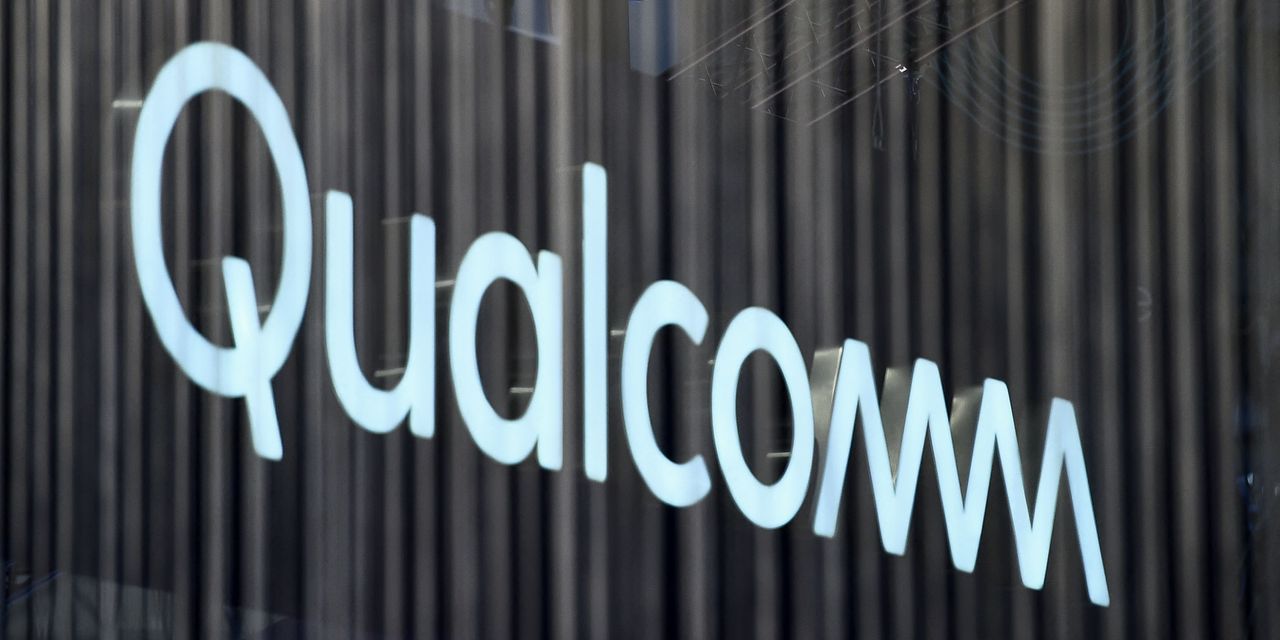Talk about double-dipping.
A former vice president for research and development for Qualcomm
QCOM,
has been charged with fraud for allegedly being secretly behind a microchip startup the tech giant bought for $150 million.
Federal prosecutors say that the terms of Karim Arabi’s contract with Qualcomm stated that anything he created while working for Qualcomm belonged to the company, meaning that the company unknowingly paid for something it already owned.
Arabi, 56, of San Diego, was allegedly instrumental in developing the new microchip technology for Abreezio LLC that caught Qualcomm’s eye, but he allegedly took elaborate steps to conceal his role in the business. He was one of four people arrested this week on fraud and money laundering charges in the case.
Prosecutors said Abreezio’s chief executive Sanjiv Taneja, 59, of Cupertino, Calif., approached Qualcomm in 2015, claiming his company’s technology had been invented by Sheida Alan, a graduate student in Canada, who is Arabi’s younger sister. Qualcomm agreed to buy Abreezio in October 2015.
In truth, prosecutors say Arabi played a key role in Abreezio’s development, including writing the patents for its technology, which were filed in Alan’s name, choosing Taneja as CEO and even selecting the company’s name. Investigators say he also advised his co-defendants on how best to pitch Qualcomm using his knowledge of what types of technology his employer was looking for.
In a statement, Qualcomm said it was pleased that charges had been filed.
“Protecting intellectual property is a cornerstone of innovation. We thank the U.S. Department of Justice for its work in this case” the company said.
Prosecutors say Arabi went so far as to write emails in his sister’s name and that his co-defendants routinely referred to him by her name.
Ali Akbar Shokouhi, 63, of San Diego, who provided funding for Abreezio was charged in the case for also allegedly obscuring his role in the venture, as he had previously been a Qualcomm employee and the company had flagged a previous business he had tried to sell them over conflict of interest issues.
Prosecutors say Arabi, Shokouhi and Taneja were arrested in California on Tuesday, Alan was arrested in Canada and awaits extradition to the United States to face charges.
Messages left with attorneys for Shokouhi and Taneja weren’t immediately returned. No attorneys were listed immediately in court documents for Arabi and Alan and they couldn’t immediately be reached.
As a result of the alleged fraud, prosecutors say Qualcomm paid nearly $92 million to Alan, over $10 million to Taneja, and more than $24 million to two entities controlled by Shokouhi. According to court documents, the defendants then laundered the money through various foreign real estate purchases and interest-free loans.
“Corporate fraud is a serious crime with serious consequences, not only hurting the individual organization, but also impacting shareholders, as well as entire communities,” said Thomas Tyan, the acting special agent in charge of the FBI’s San Diego field office.
